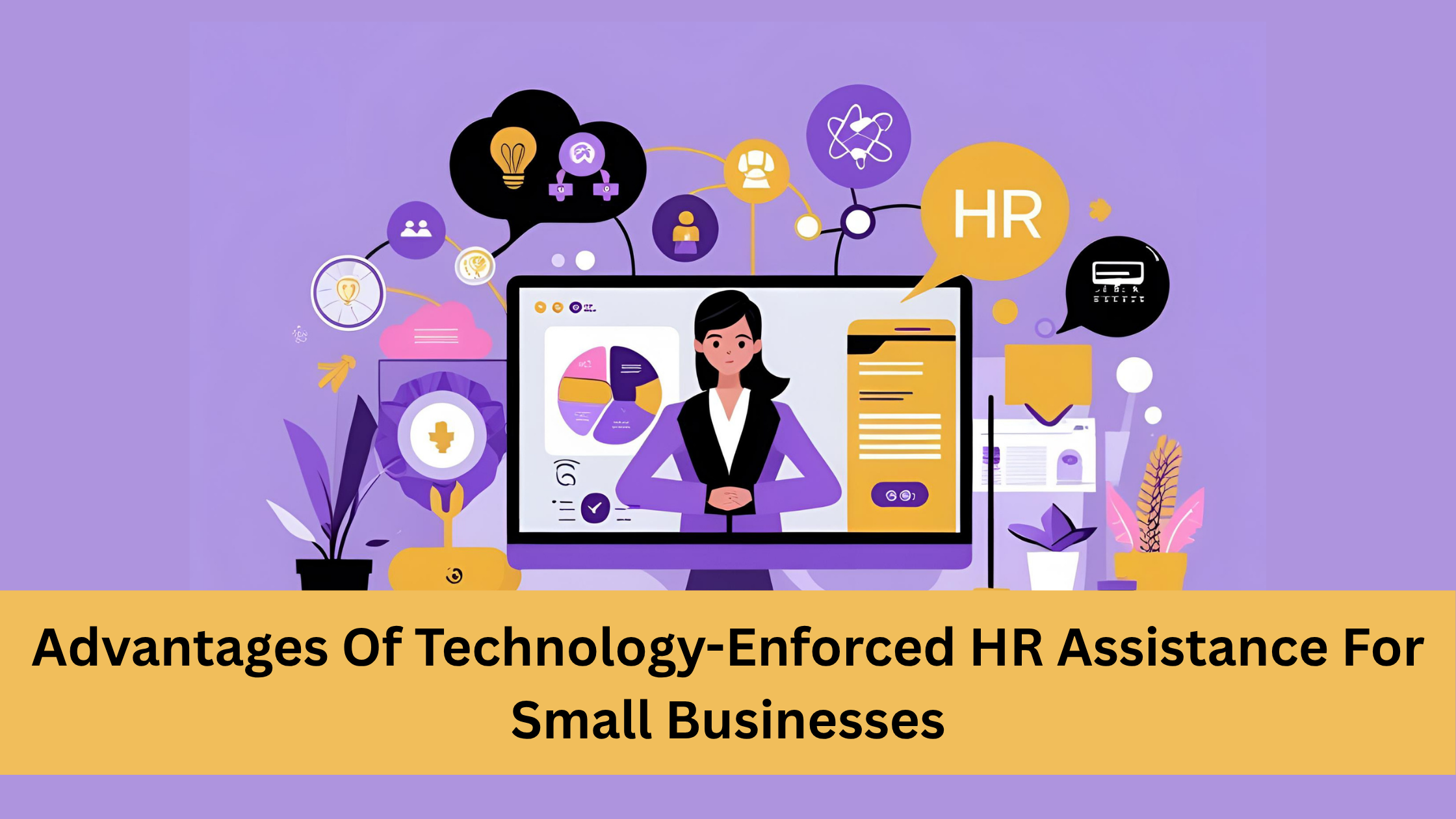In the current competitive business climate, small businesses need to be creative to survive. Every move counts, particularly when dealing with people.
While big companies can afford to have large HR departments, small companies can rely on limited staff and manual processes.
The good news is that technology is closing the gap. HR help for small businesses is now within easy reach via technology-backed solutions that streamline complicated processes and improve efficiency.
With startups and small companies growing rapidly, there’s a pressing need for HR systems that are not only efficient but also scalable and affordable.
Why Do Small Businesses Need HR Support?
Individuals are the foundation of any organisation, but coordinating human capital effectively is daunting, particularly when money is tight.
Most small businesses use spreadsheets, email, and paper to manage everything from hiring and settling new employees to paychecks and performance evaluations.
These methods are time-consuming, error-prone, and difficult to expand.
That's when an HR system for startups through technology is necessary. Technology-enabled HR solutions enable small companies and startups to perform at the same level of professionalism and precision as large organisations—without keeping an entire HR department on staff.
What Does Tech-Driven HR Support Entail?
New HR systems are created to address the fundamental issues that small businesses confront. These platforms provide end-to-end solutions that span the entire employee life cycle—from hire to offboard.
These are the primary features a digital HR system for startups normally encompasses:
1. Recruitment and Applicant Tracking
Technology-based recruitment solutions allow startups to automate their recruitment process. They facilitate job postings across various sites, application tracking in real time, and secure storage of candidate details.
Intelligent filtering and artificial intelligence algorithms assist in selecting the right candidates based on qualifications, expertise, and cultural fit, freeing up hours of manual screening.
2. Automated Onboarding
First impressions count. A formal onboarding process makes new hires feel like part of the family and ready to work. Digital HR solutions provide automated onboarding checklists, document uploads, e-signatures, and training modules—all from one dashboard.
This eliminates manual errors and provides consistency in introducing new team members to the organisation.
3. Time and Attendance Tracking
Traditional punch-in systems are becoming obsolete. Tech-driven HR platforms for startups allow employees to log time using mobile apps, biometric scanners, or online portals.
This not only simplifies payroll processing but also provides managers with data to monitor attendance patterns and address any inconsistencies promptly.
4. Performance Management
Worker performance is a key engine of business success. HR software assists in establishing performance measures, setting targets, and collecting 360-degree feedback.
Ongoing performance monitoring allows for frequent reviews and coaching, enhancing involvement and efficiency over time.
5. Leave and Absence Management
Manual leave request management may result in confusion, lost updates, or payroll mistakes. HR software enables employees to submit time-off requests via self-service portals, while managers approve or deny them based on team scheduling and leave policies.
This makes it transparent and less painful to manage.
6. Compliance and Documentation
It can be intimidating to remain compliant with labour legislation, tax code, and health and safety protocols. Electronic systems maintain all necessary documents in order and are available.
Automatic reminders alert administrators of impending deadlines or policy updates so that businesses are not penalized or audited.
Advantages of Technology-Enforced HR Assistance for Small Businesses

Improved Efficiency
By streamlining tasks like data entry, payroll processing, and document storage, companies save hours of work every month. This leaves owners and managers free to concentrate on strategic projects.
Enhanced Accuracy and Compliance
Manual tasks are prone to error, which can lead to expensive blunders. Technology-based systems minimize these risks by ensuring that files are comprehensive, accurate, and compliant with legislation.
Data-Driven Decisions
Most HR software for startups also includes analytics dashboards that provide visibility into staff performance, turnover, hiring success, and more. Using such insights, companies can make smart decisions and modify strategies according to real-time data.
Improved Employee Experience
Staff like transparency and ease of access. Self-service functionality allows employees to view payslips, request leaves, change personal information, and review performance goals, building a feeling of control and trust.
Scalability
A major benefit of a digital HR system for startups is scalability. When the business expands, new modules and features can be incorporated without much interruption. What is suitable for a team of 10 can easily accommodate a team of 100 or more.
Final Thoughts
Tech-enabled HR help for small businesses is no longer a fad—it's an operational requirement. As long as they have the proper digital tools in place, small businesses can automate processes, remain compliant, and achieve a positive work culture that fosters success and growth.
Need HR support that scales your business? Get an expert HR service to revolutionise your workflow through AI. Checkout the Small Business Toolkit and build a strong HR foundation for your business.
